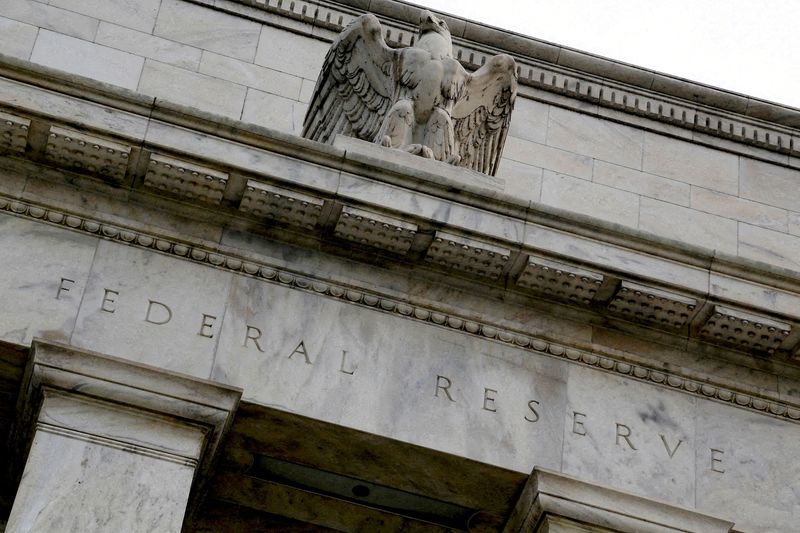
By Davide Barbuscia
NEW YORK (Reuters) – A potential slowdown of the Federal Reserve’s balance sheet drawdown and Treasury Secretary Scott Bessent’s assurance against imminent long-term debt hikes could offer relief in the near term to bond market jitters as fiscal concerns linger.
Fed minutes from the January 28-29 rate-setting meeting released this week showed officials weighed a possible pause or slowdown of the Fed’s balance sheet reduction, known as quantitative tightening (QT), as a binding government debt cap could complicate the central bank’s ability to gauge market liquidity. Meanwhile, Bessent said in an interview with Bloomberg Television on Thursday that, for now, expanding long-dated government debt issuance is not on the table.
Treasury yields, which move inversely to prices, declined after the Fed minutes on Wednesday and Bessent’s interview injected further optimism pushing yields lower on Thursday.
Still, his remarks did not disrupt market expectations of increased government debt, as investors and analysts anticipate the Treasury will eventually need to borrow more to offset a drop in government revenues from President Donald Trump’s proposed tax cuts.
Brij Khurana, a fixed-income portfolio manager at Wellington Management, said it was encouraging to have a Treasury Secretary “who is mindful of the funding costs.” Bessent said earlier this month the focus of the Trump administration was to contain the benchmark 10-year Treasury yields.
“At the same time, if yields are materially lower, then they’re probably going to do more tax cuts … if yields go a lot lower, I think Bessent would try to push to longer-dated bonds,” said Khurana.
Analysts at JPMorgan said in a note on Thursday bond market concerns over excessive debt supply could recede into the background over the next months, given the focus of the administration on long-term yields. But they said they still expected large government borrowing needs in the next fiscal year will lead to increases in long-dated debt sales.
Trump plans to renew and expand tax cuts he signed into law during his first presidency in 2017, which are set to expire at the end of this year. This could increase deficits by over $4 trillion over the next 10 years, the Congressional Budget Office has estimated.
Federal spending cuts driven by Elon Musk’s Department of Government Efficiency (DOGE), along with potential revenue from Trump’s planned tariffs on imports, could help curb deficit growth, though the extent of their impact is uncertain.

